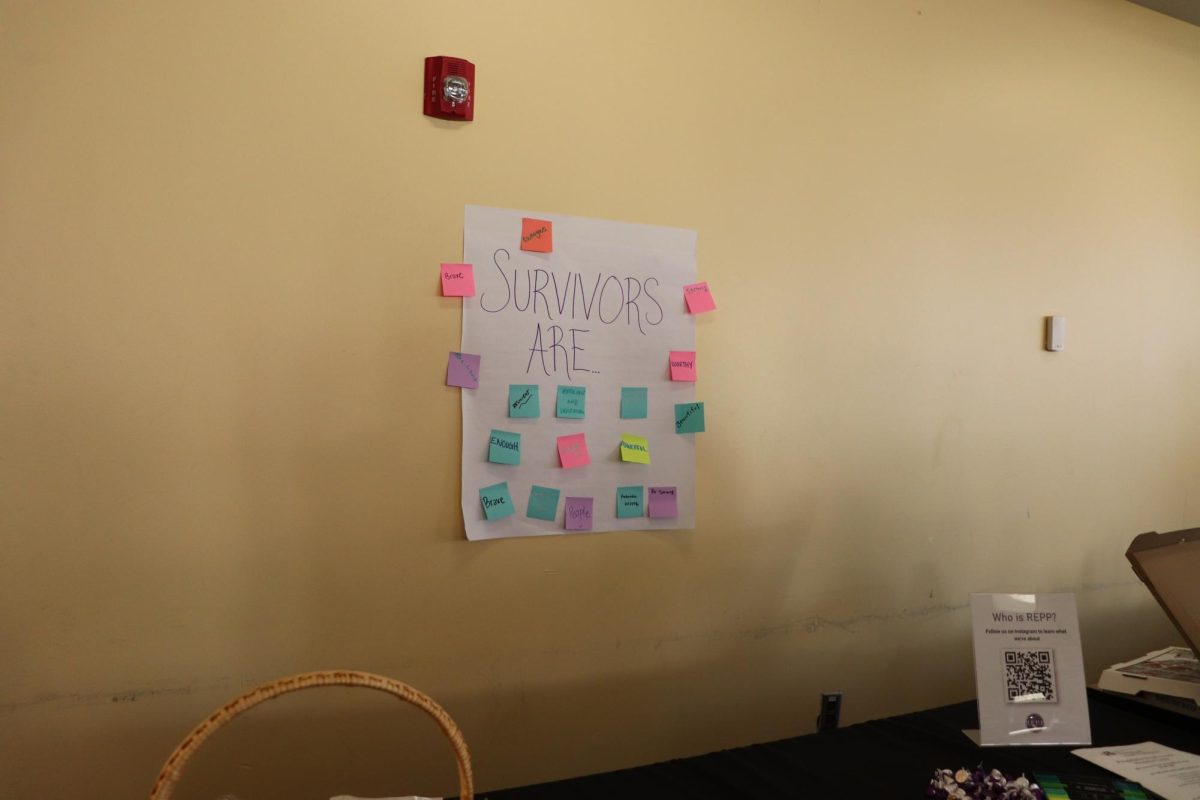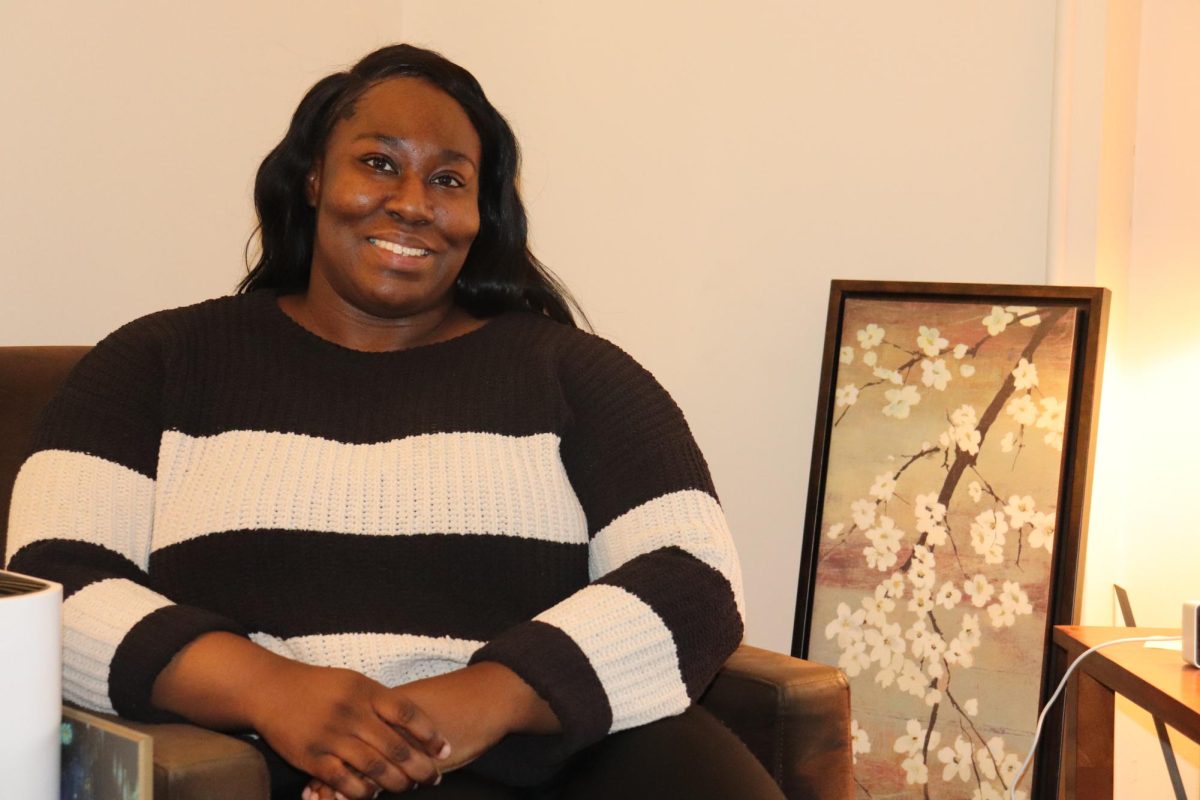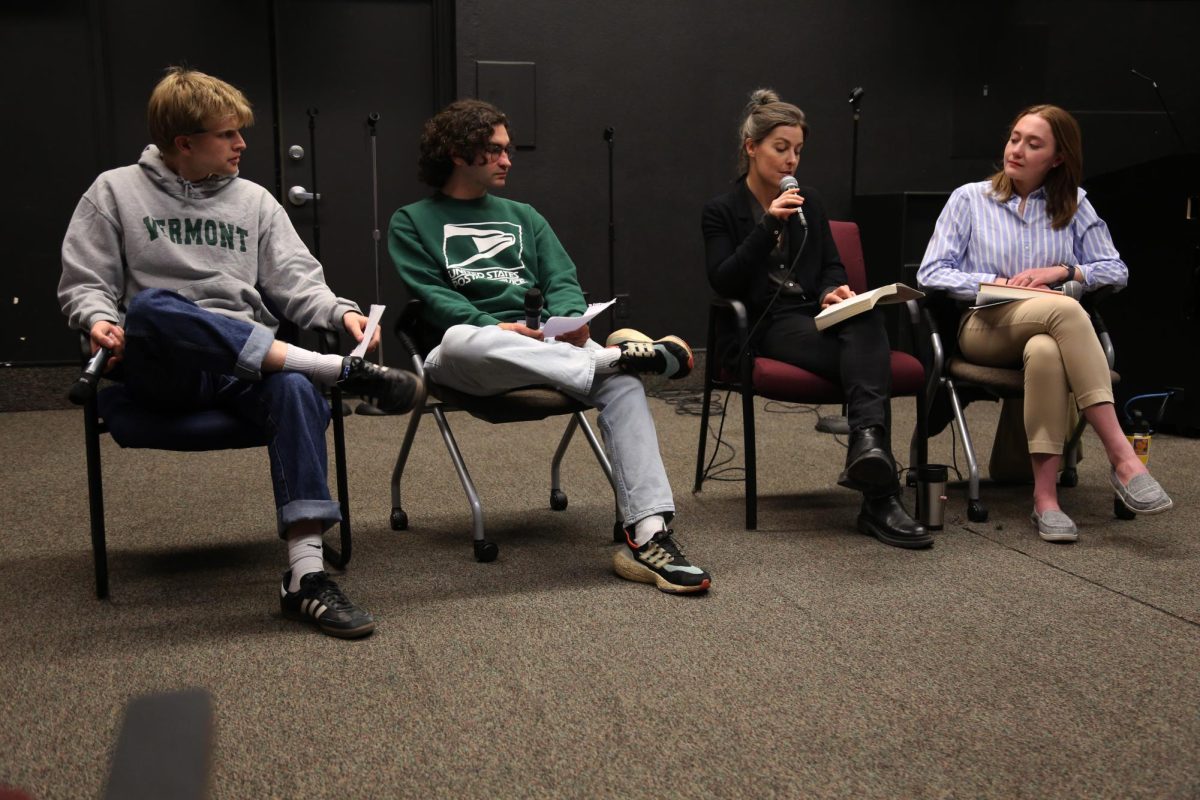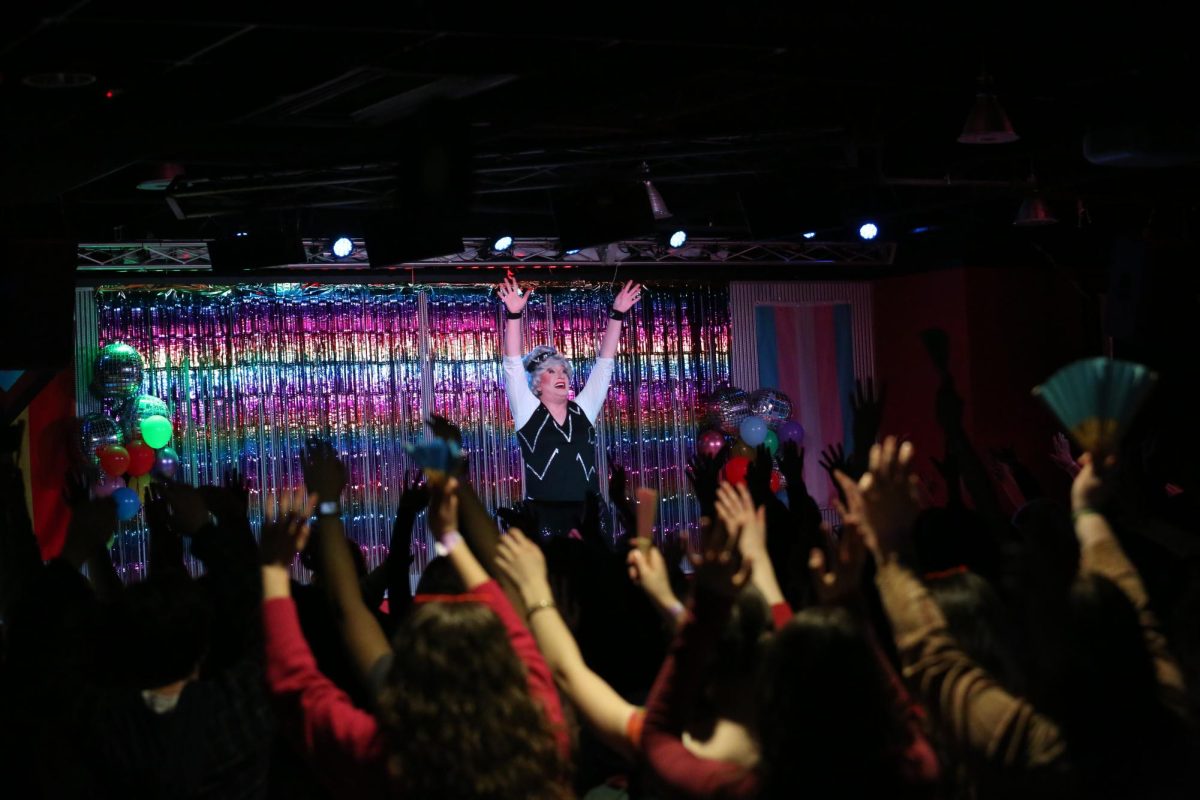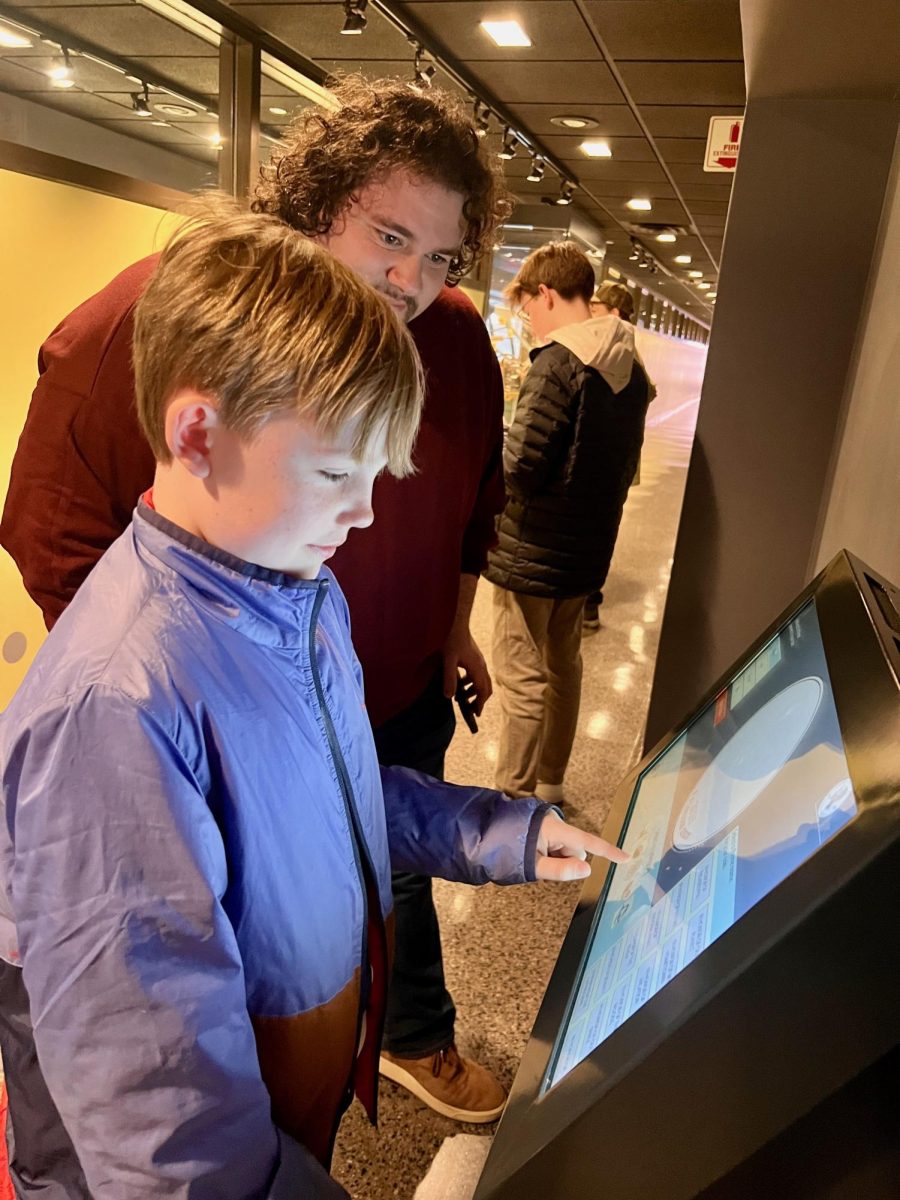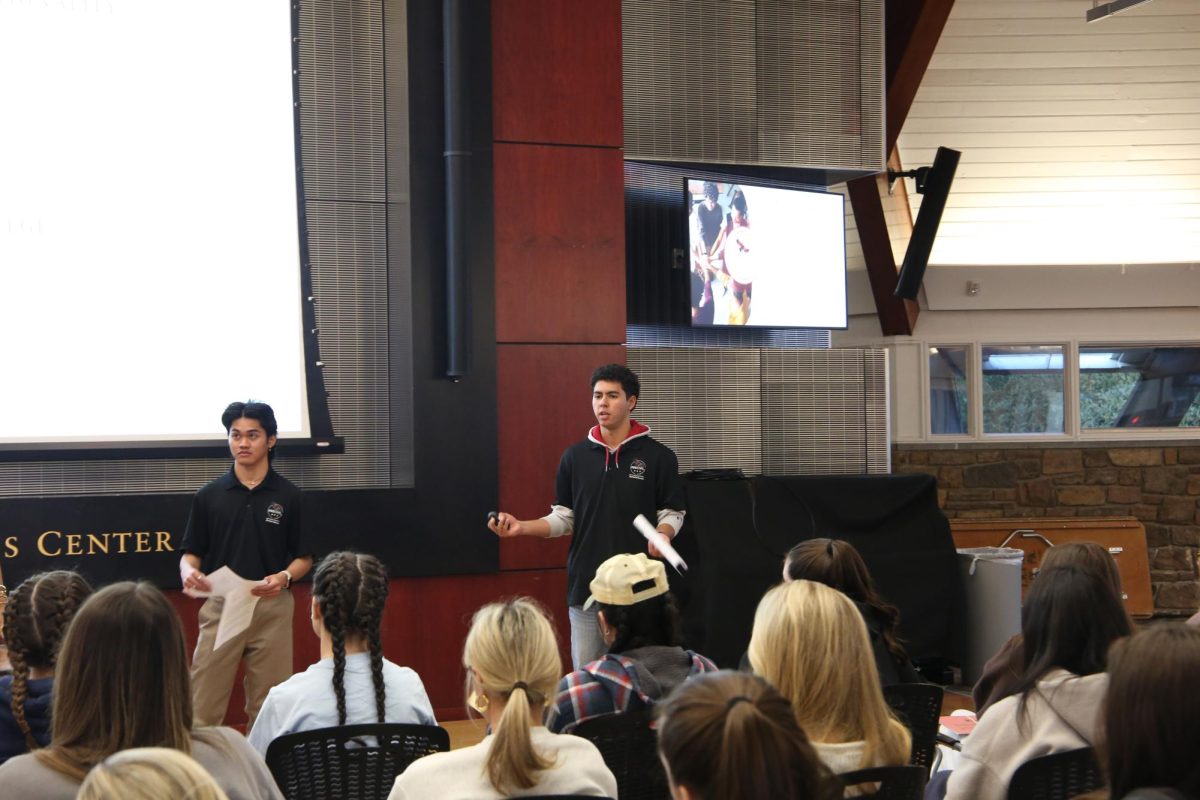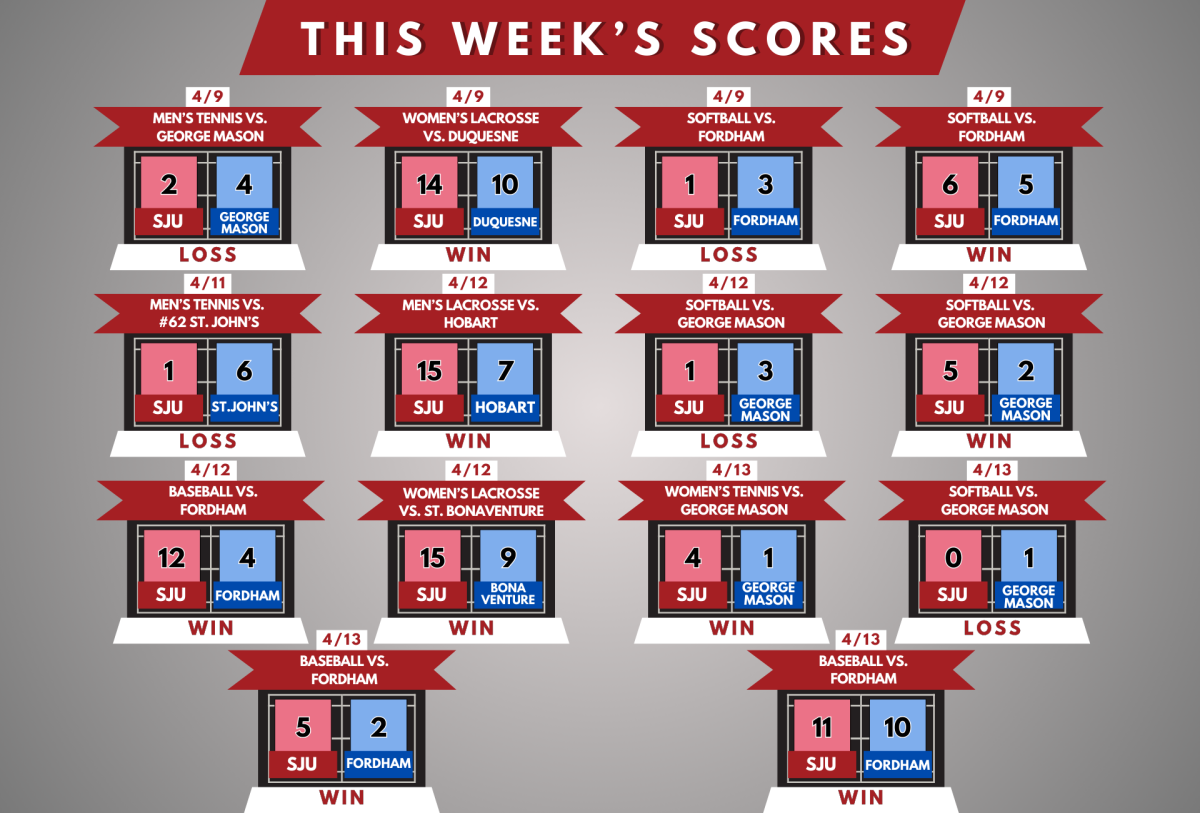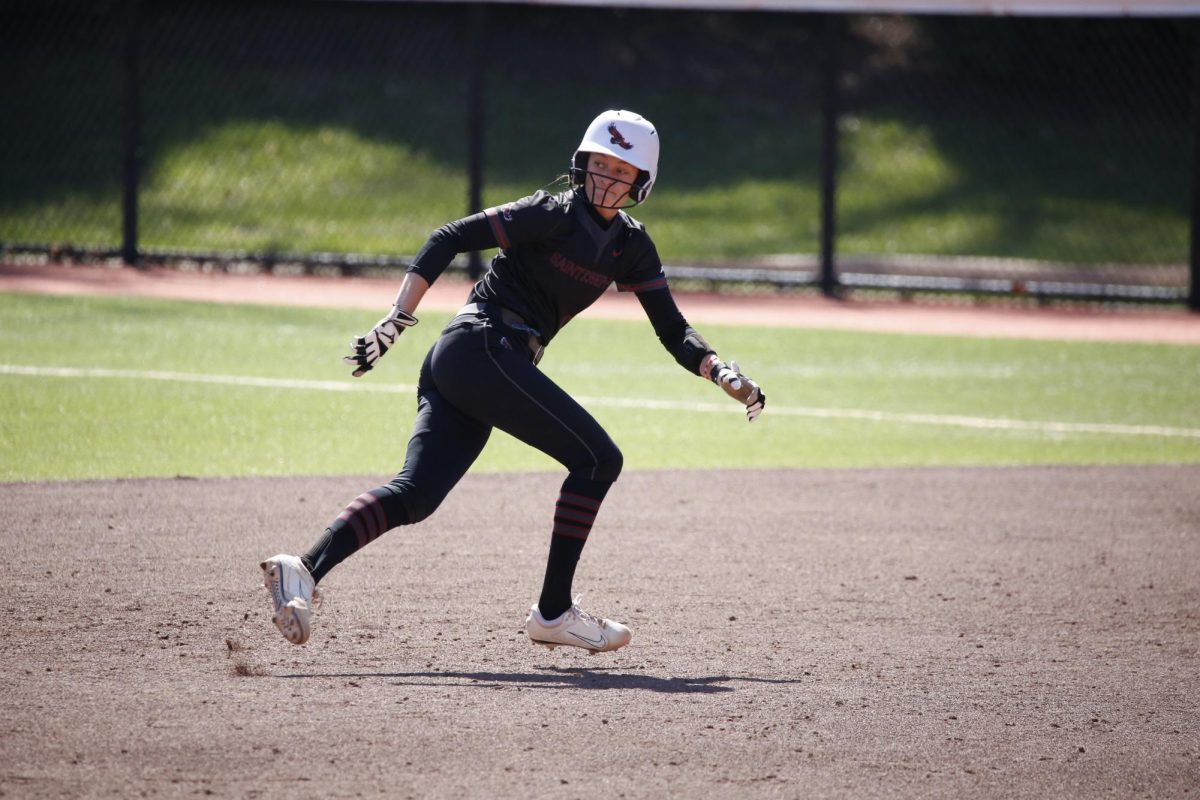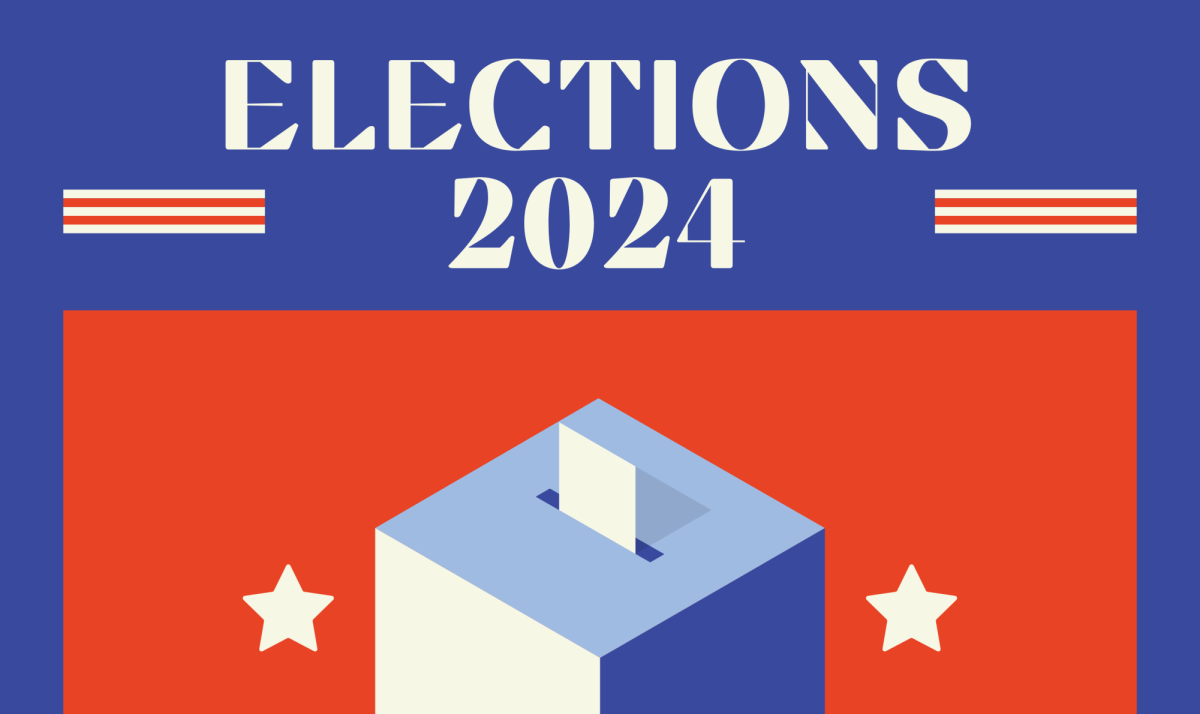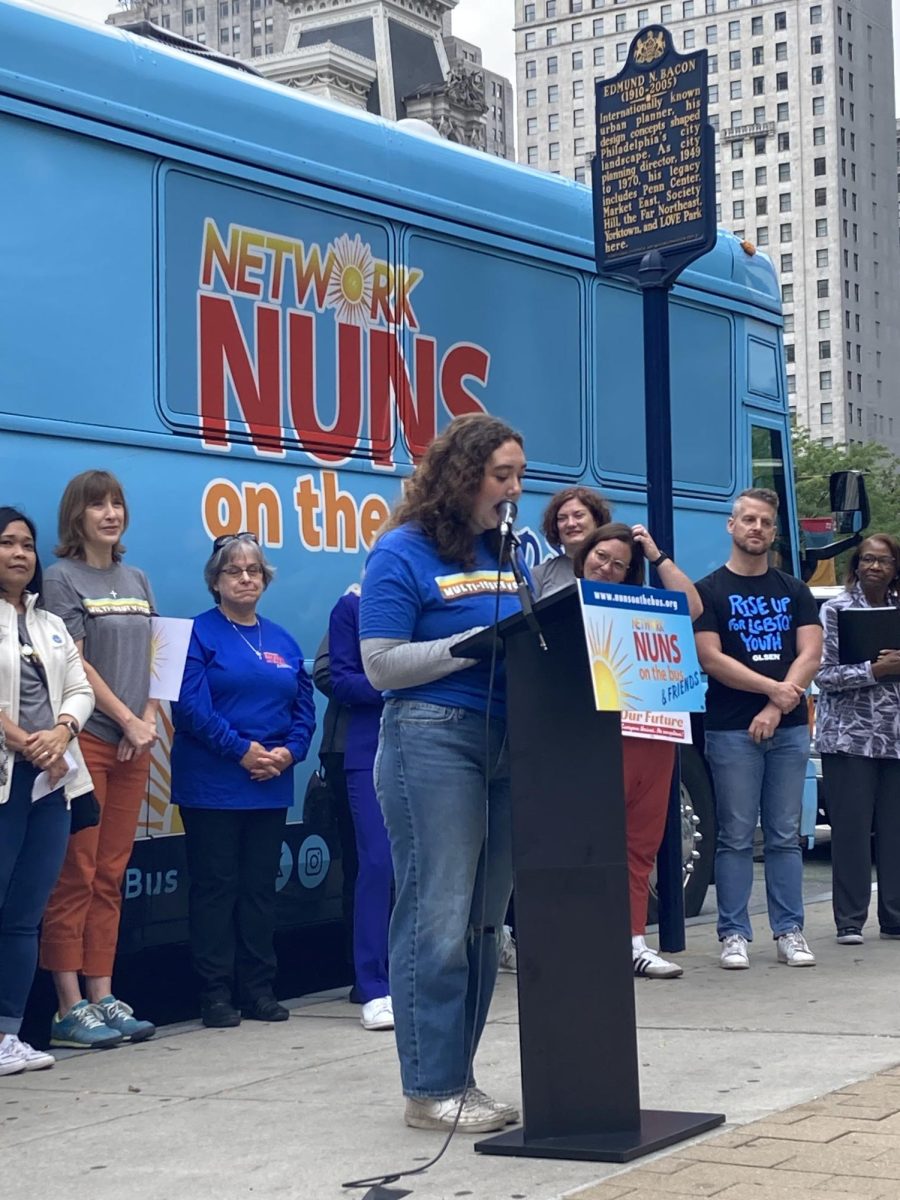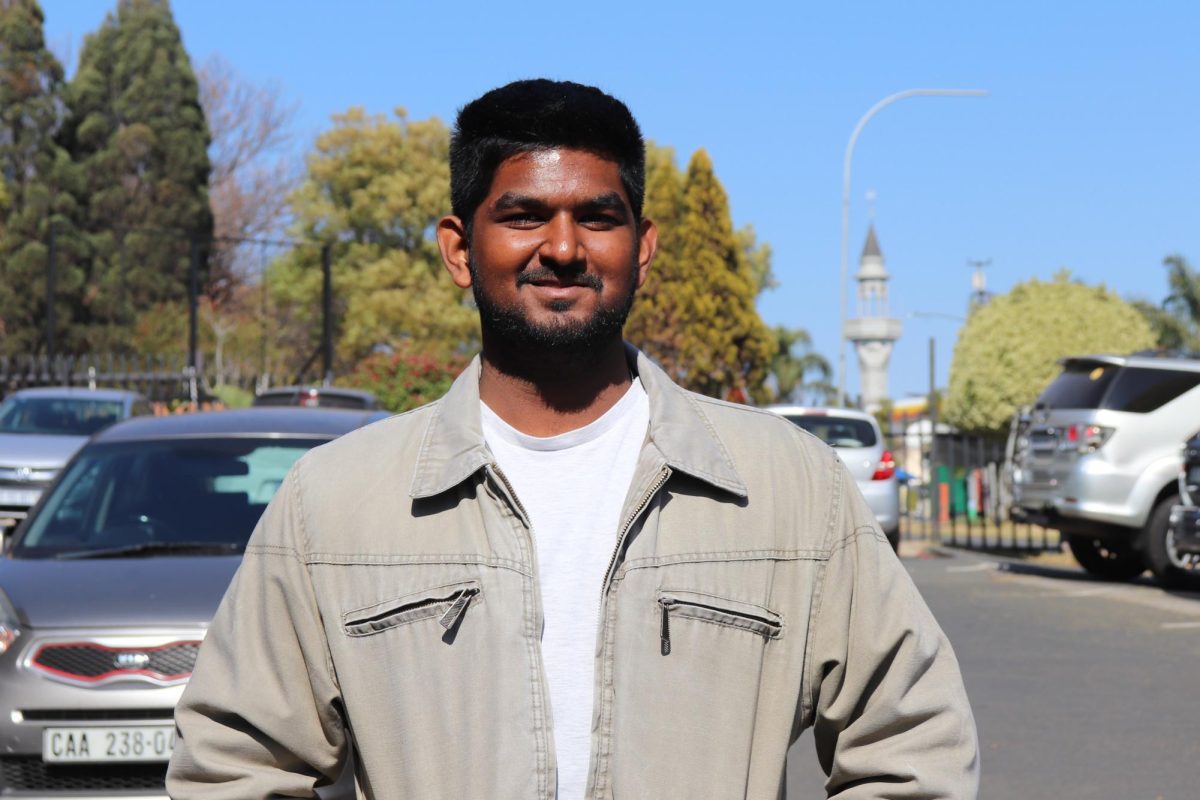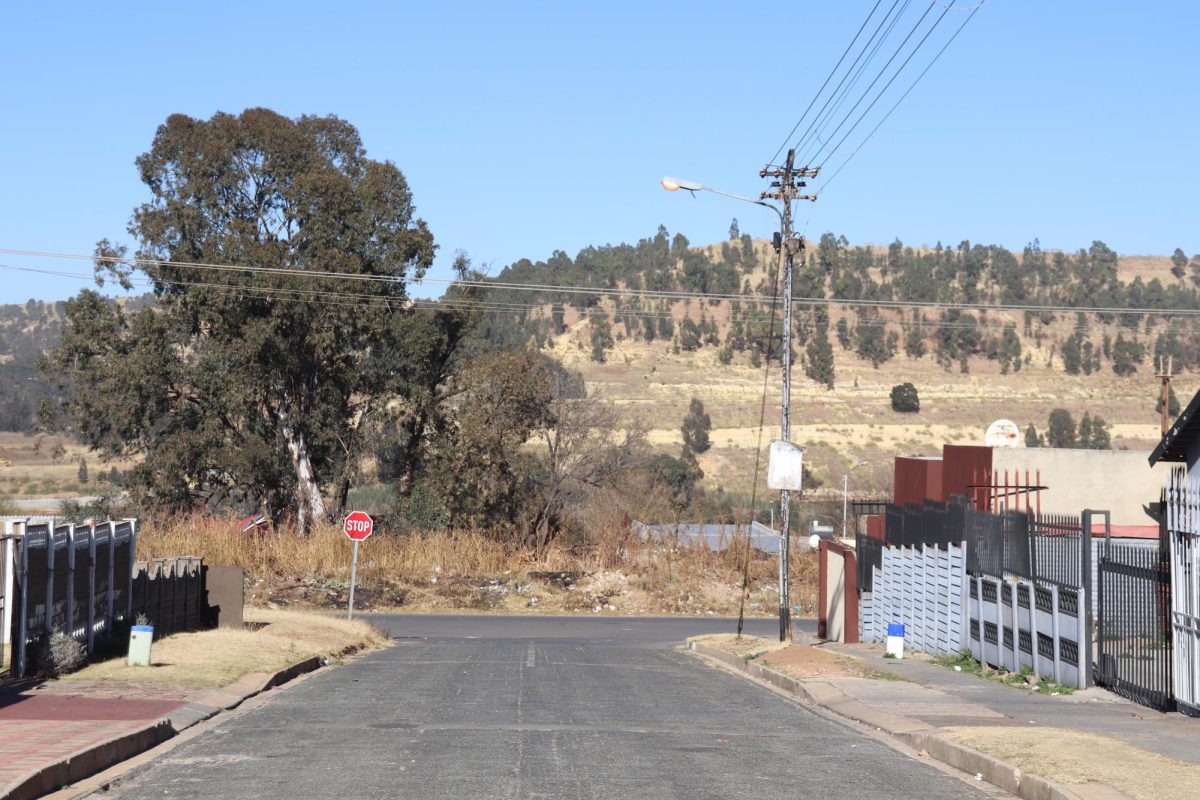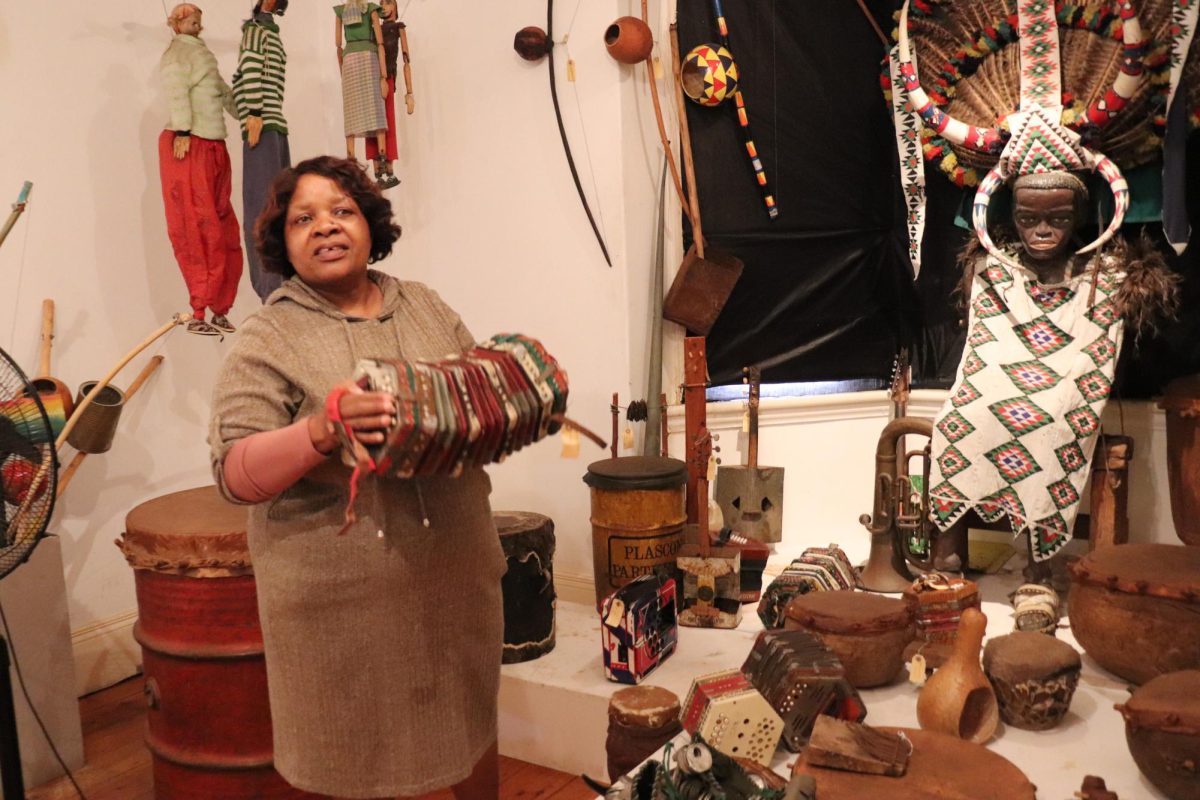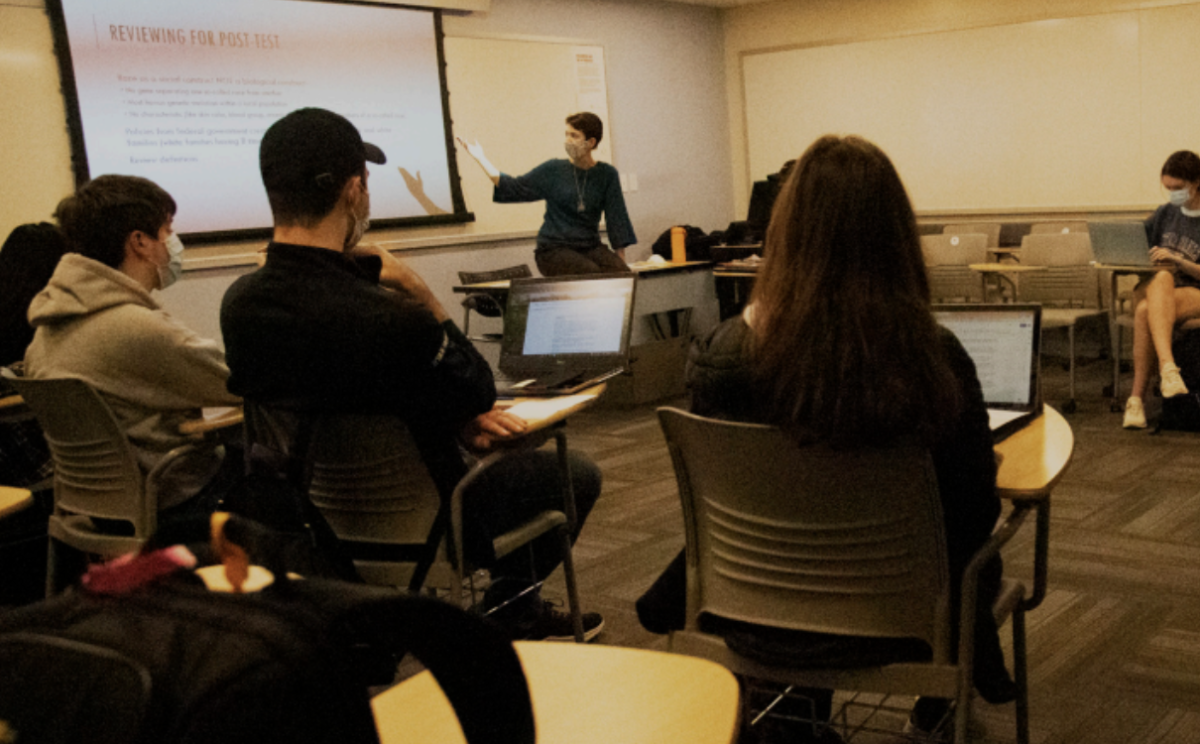Multiple sections of the university’s new one-credit diversity course, Inequality in American Society (INT 151), are at risk of getting canceled for the spring 2022 semester due to under enrollment.
As of Dec. 4, only four of the 26 sections offered for the spring 2022 semester are full, according to numbers on the Course Registration website. Twelve of the 26 sections have 50% or more seats still available.
The idea for a required first-year diversity course was initially proposed in 2018 by Brian Yates, Ph.D., assistant professor of history, following a series of anti-Black racist incidents on campus.
“Faculty Senate was like, ‘You know what? This seems to be happening every single semester,’” Yates said. “This wasn’t an individual act by some random racist. This is something that’s going on institutionally that we need to address.”
In 2020, a mandate to pilot the course and require all first-year students to register for it during the spring of 2021 initially passed through university governance. It was written by Yates and Susan Clampet-Lundquist, Ph.D., professor of sociology.
In the fall of 2021, the pilot period was extended, and 24 sections of INT 151 were offered, with each section capped at 18 students. Seven faculty–two Black, one person of color and four white–taught the course.
Many first-year students in the class of 2025–the targeted group for the course–registered for the course for the fall 2021 semester, thanks to assistance from the Registrar’s Office, according to Aisha Lockridge, Ph.D., associate professor of English. Lockridge said students were told they were expected to take the course, but the online registration and coding system does not have a mechanism to ensure that every first-year student took it.
But, first-year students are not filling the seats for spring 2022 as they did during the previous semester, Lockridge said. Any student is now able to take the course in the spring semester.
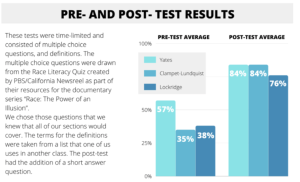
“There was a casual understanding that departments/programs with more than 15 or 16 credits in the first semester would be encouraged to take it in the spring semester,” Lockridge said. “That hasn’t come to pass. At this point, the pilot has run out, so there are no institutional protections or definitive support to make sure this class is filled with the student body we were interested in.”
A new mandate to make the course a permanent part of the curriculum has been written and submitted to governance for approval, Lockridge said.
“At this point, the new mandate is written such that students are expected and required to take this course within their first three semesters,” Lockridge said.
According to Cheryl McConnell, Ph.D., provost and vice president of Academic Affairs, the shared governance model the university operates under places the responsibility on faculty to manage and modify the curriculum.
“University leadership does not have the ability to impose a required curriculum for all students—that can only be done through the process described in the Faculty Handbook,” McConnell wrote in response to written questions from The Hawk.
As the newest mandate requiring INT 151 moves through governance, McConnell said the university will “be true to the Faculty Handbook, assure the mandate receives full consideration according to its policies and procedures, and provide information about current and future provost office support.”
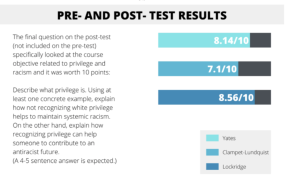
Lockridge, who was Faculty Senate president at the time the first mandate passed and who has been teaching sections of INT 151 since spring 2021, said the goal of the course was to begin conversations about inequality early on in first-year students’ education.
“One of the things that I just kept confronting over and over, especially in the English department, is the first time anyone’s thought about diversity in a real way or had a class about diversity is when you’re a senior,” Lockridge said. “But I always feel like the cake is kind of baked. This is the end of your college career, a lot of your ideas are a little bit cemented about who you are, and what you can still become. So, I kept thinking there’s got to be a way to do this earlier.”
Lockridge said one main pushback from some faculty members who are against mandating INT 151 is concerns about the logistics behind implementing the course. But the benefits outweigh those challenges, she said.
“We have lots of data now that we collected in the process of this pilot that says it’s worth jumping through a few hoops for logistics,” Lockridge said.
For example, Yates, Clampet-Lundquist and Lockridge administered a pre- and post- racial literacy assessment during their piloted courses. According to a summary assessment of the course shared with The Hawk, all three faculty saw a “significant improvement of their knowledge of basic terms and information related to racial literacy, diversity, equity and inclusion.”
University Student Senate (USS) has also played a role in monitoring the course’s implementation and gauging student interest and feedback, according to Sal De Rienzo ’22, USS vice president, and Zoë Welsh ’22, USS secretary for Academic Affairs.
Welsh said it’s important to educate the student body by offering a course that provides information about racial-literacy, inequality and diverse perspectives.
“These are the tools and information that you need to engage with others in general, to engage in communities of difference, and be able to become leaders,” Welsh said.
Lisa Lam ’25, who is currently registered in INT 151, said there are definitely challenges that come with being in the course, especially for students of color.
“Our class is already being taught by a white person and a lot of our classes, because it’s a PWI [predominantly white institution], are filled with white people,” Lam said. “On a typical class day, you have to be ready for some uncomfortability, whether it’s someone said something in the class that isn’t okay and nothing is done from that, or the topic is uncomfortable for some people to talk about.”
Despite those challenges, Lam said the course is still something the university should provide for students given the demographics of the university.
“It forces students to have exposure and awareness about topics within our society that are significantly necessary to be talked about, to be known about and to be educated about,” Lam said. “We’re the next generation to make change, and we have to know what needs to be changed in order to change it.”
Mary Kate Fazzino ’25, who is also currently enrolled in INT 151, said it’s important to have a course that discusses issues of racism and inequality like INT 151, especially at a predominantly white institution like St. Joe’s.
“I think it’s really good that we’re talking about it. And it’s heavy, but I feel grateful that we’re able to have these conversations,” Fazzino said.
Yates said the course is important because it exposes students to issues of institutional racism and how to be actively anti-racist.
“The line isn’t between racist and not racist. The line is between racist and anti-racist,” Yates said. “Hopefully we give students the practices and the tools that, if they choose to, they can use in order to be a part of anti-racist actions.”
Lockridge said finding enrollment support is a challenge given that first-year students who have not yet taken the course are not signing up at the same rate as the last semester, or they may just not know that they are expected to enroll.
“Much of what is happening to fill these seats is happening by the five or six people who are currently teaching it,” Lockridge said.“It’s all grassroots.”
Joseph A. DiAngelo ’70, Ed.D., dean of the Erivan K. Haub School of Business, and James Carter, Ph.D., interim dean of the College of Arts and Sciences, both sent emails to first-year students in their respective schools on Nov. 29 “asking and encouraging” students to enroll in the course.
Other student organizations on campus have also been spreading the word to students encouraging them to enroll in the course. The Black Student Union (BSU) and Women’s Leadership Initiative (WLI) have utilized their newsletters and social media to promote the course.
Lockridge said the university needs to put the effort into creating the diversity community that it seeks and that INT 151 looks to create.
“St. Joe’s is interested in having a diverse community but doesn’t recognize what it takes to have that,” Lockridge said. “This is what structural racism looks like.”
INT 151 is currently open for registration for all St. Joe’s students. The course can be under the Self-Service Course Registration link in The Nest and is categorized under Interdisciplinary courses.


